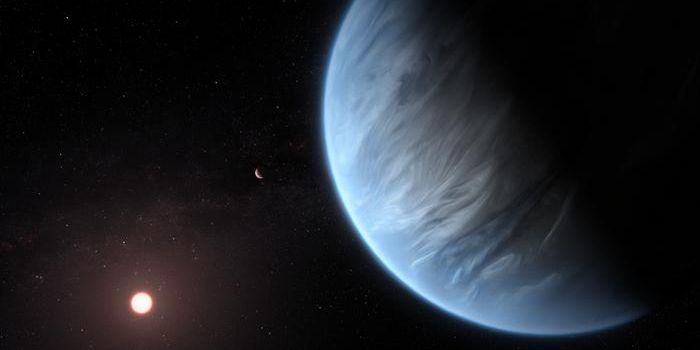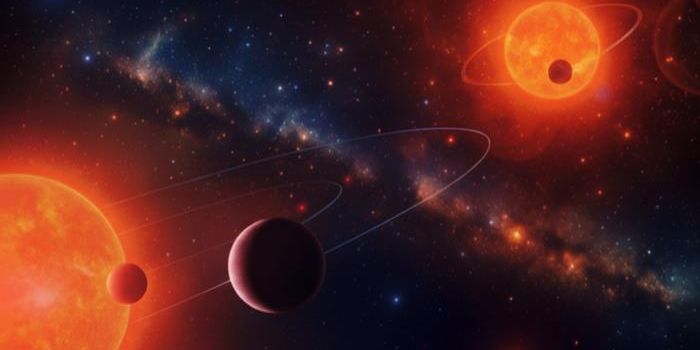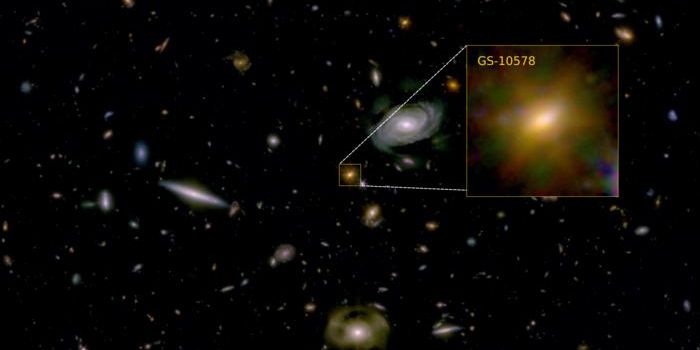Modeling the Origins of Eccentric Warm Jupiters
What can theoretical models teach scientists about the formation and evolution of exoplanets? This is what a recent funding grant from the National Science Foundation hopes to address as a Dr. Diego Muñoz, who is an assistant professor in Northern Arizona University's Department of Astronomy and Planetary Science will be investigating a specific type of exoplanet. This research has the potential to help scientists better understand exoplanet formation and evolution, along with learning about new exoplanet types.
For the study, the researchers will be analyzing data regarding warm Jupiters with eccentric orbits, which are orbits that are more oval-shaped while the majority of planets in our solar system have more circular-shaped orbits. This research originated from the discovery that while hot Jupiters have orbits very close to their stars, warm Jupiters have eccentric orbits. Additionally, while hot Jupiters have been observed to orbit their stars at an angle, warm Jupiters have been observed to orbit their stars along the latter’s equator, despite the former’s elongated orbit. It will be the goal of the three-year funding to ascertain the reasons for both the eccentric orbits and the equator-aligned orbits.
“The variability of extrasolar planets is just enormous,” said Dr. Muñoz. “Extrasolar systems can look like our solar system, but in some cases, they look entirely different and exotic. We’re very interested in seeing how the solar system forms in context by understanding systems that look like ours and ones that look completely different. We can get a sense of what the extremes are, how average our planet formation history is and how average our solar system is.”
This study comes as the number of confirmed exoplanets recently reached 6,000 with more than two-thirds of them being gas giants. Therefore, studies like this could prove valuable regarding better understanding of warm Jupiters, along with exoplanet formation and evolution.
How will warm Jupiters help researchers better understand exoplanet formation and evolution in the coming years and decades? Only time will tell, and this is why we science!
As always, keep doing science & keep looking up!
Sources: EurekAlert!, The NAU Review








